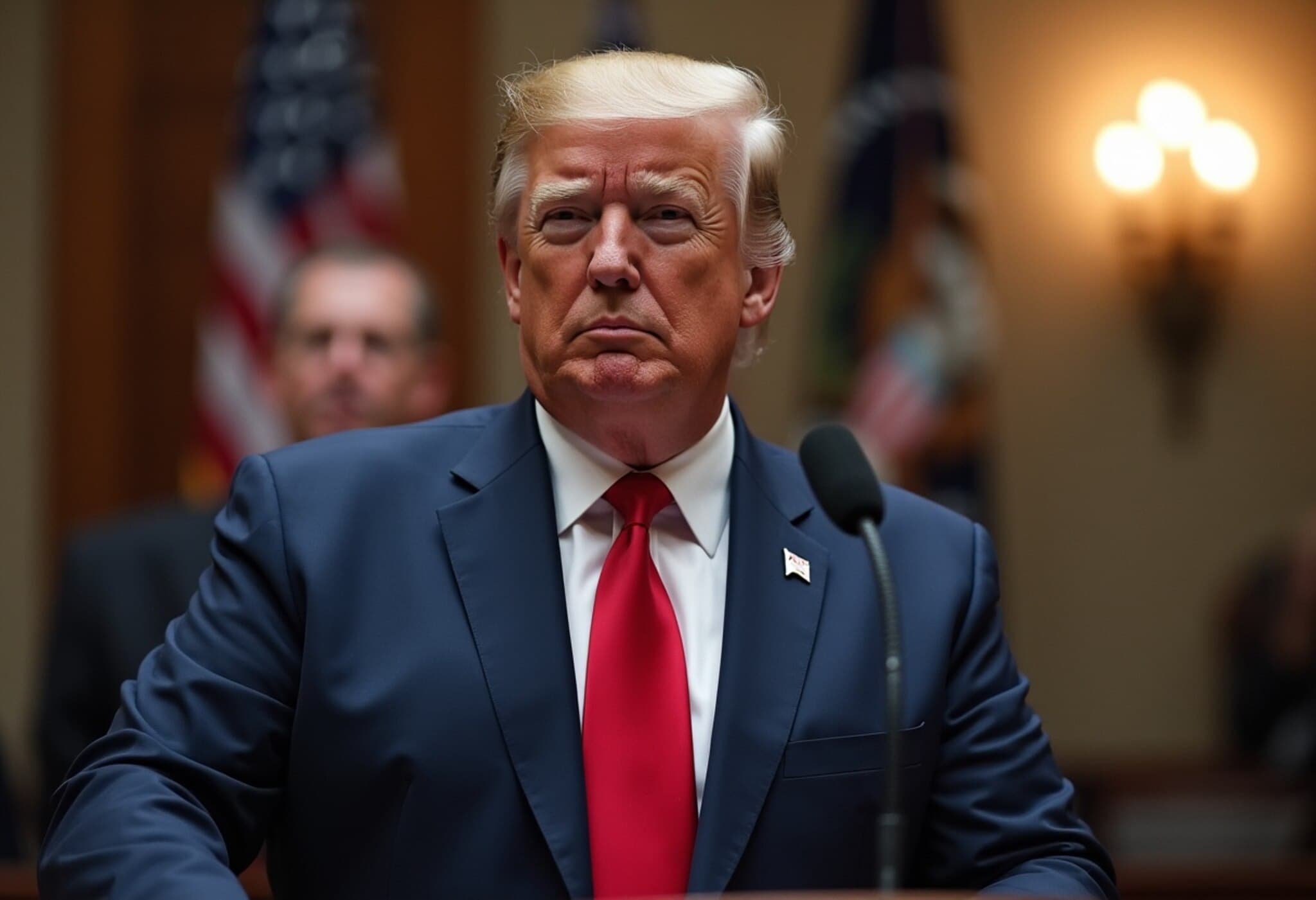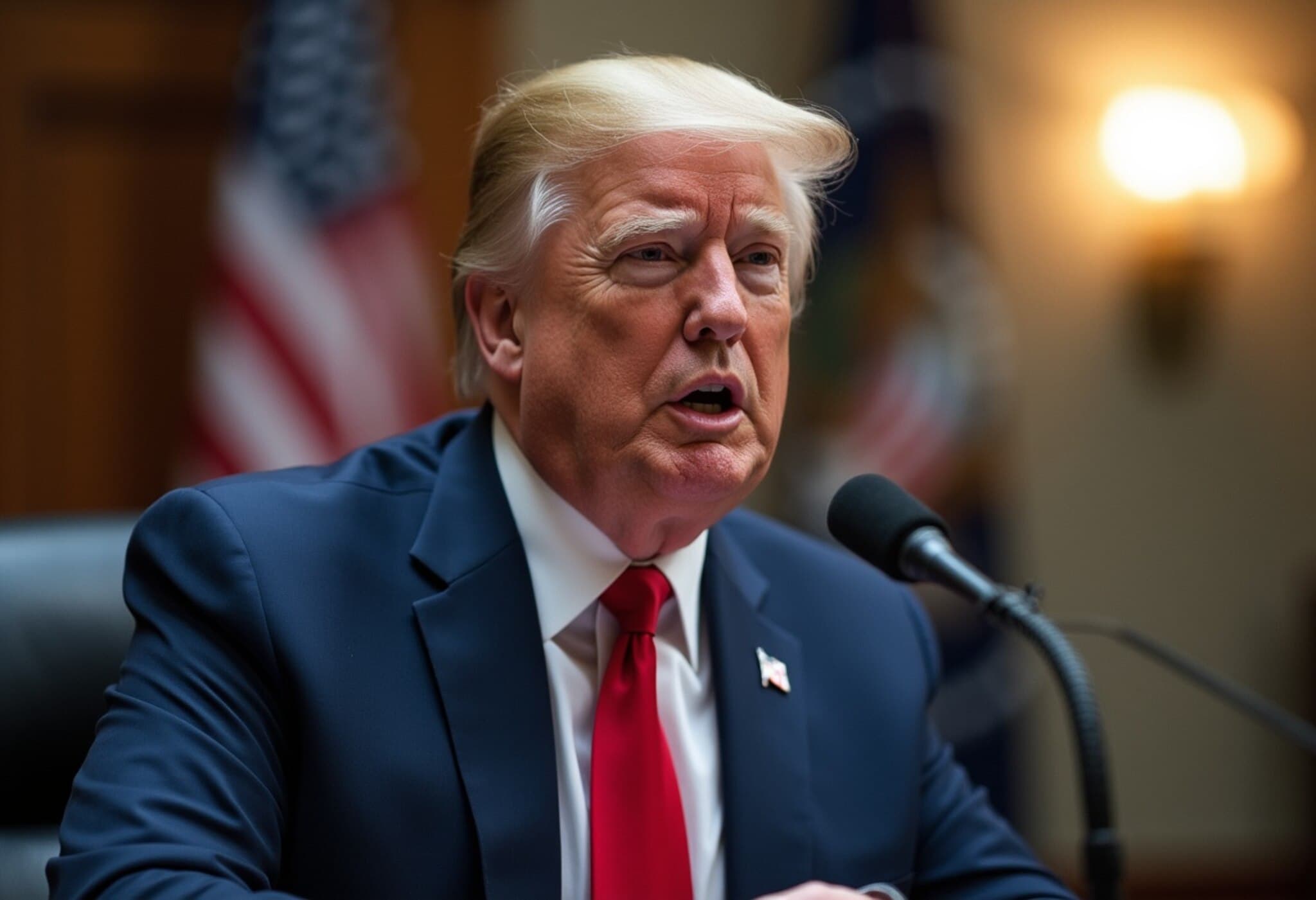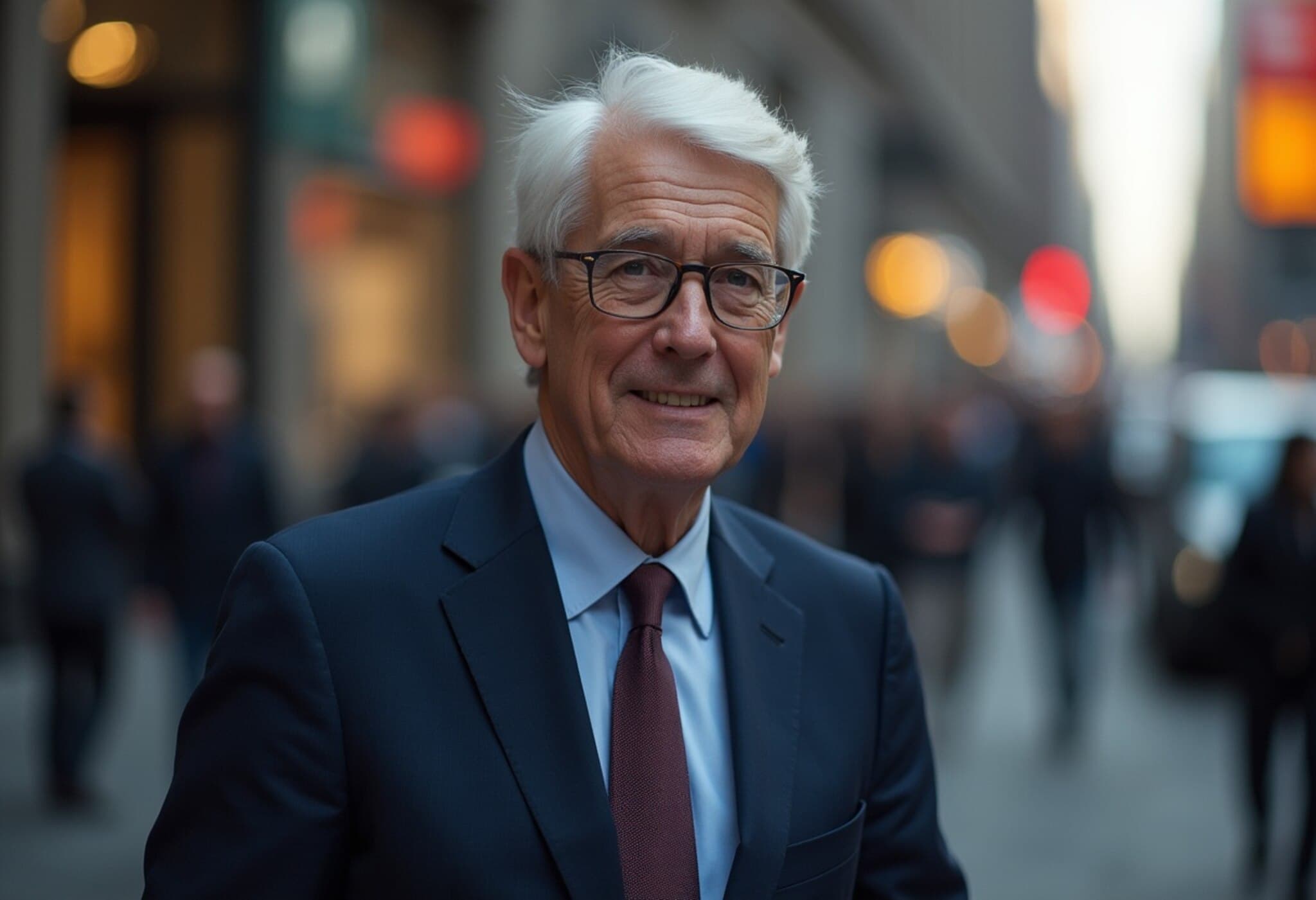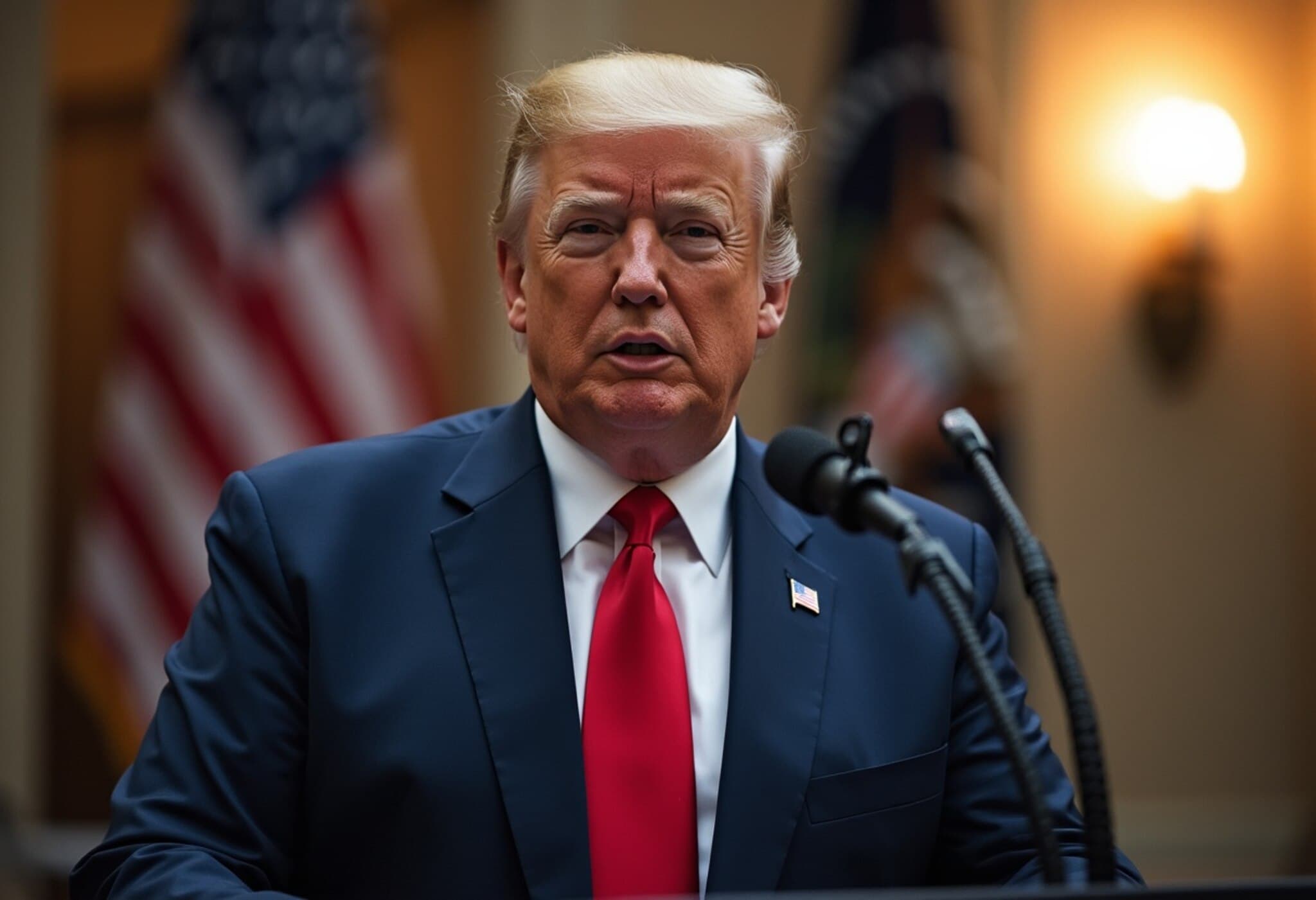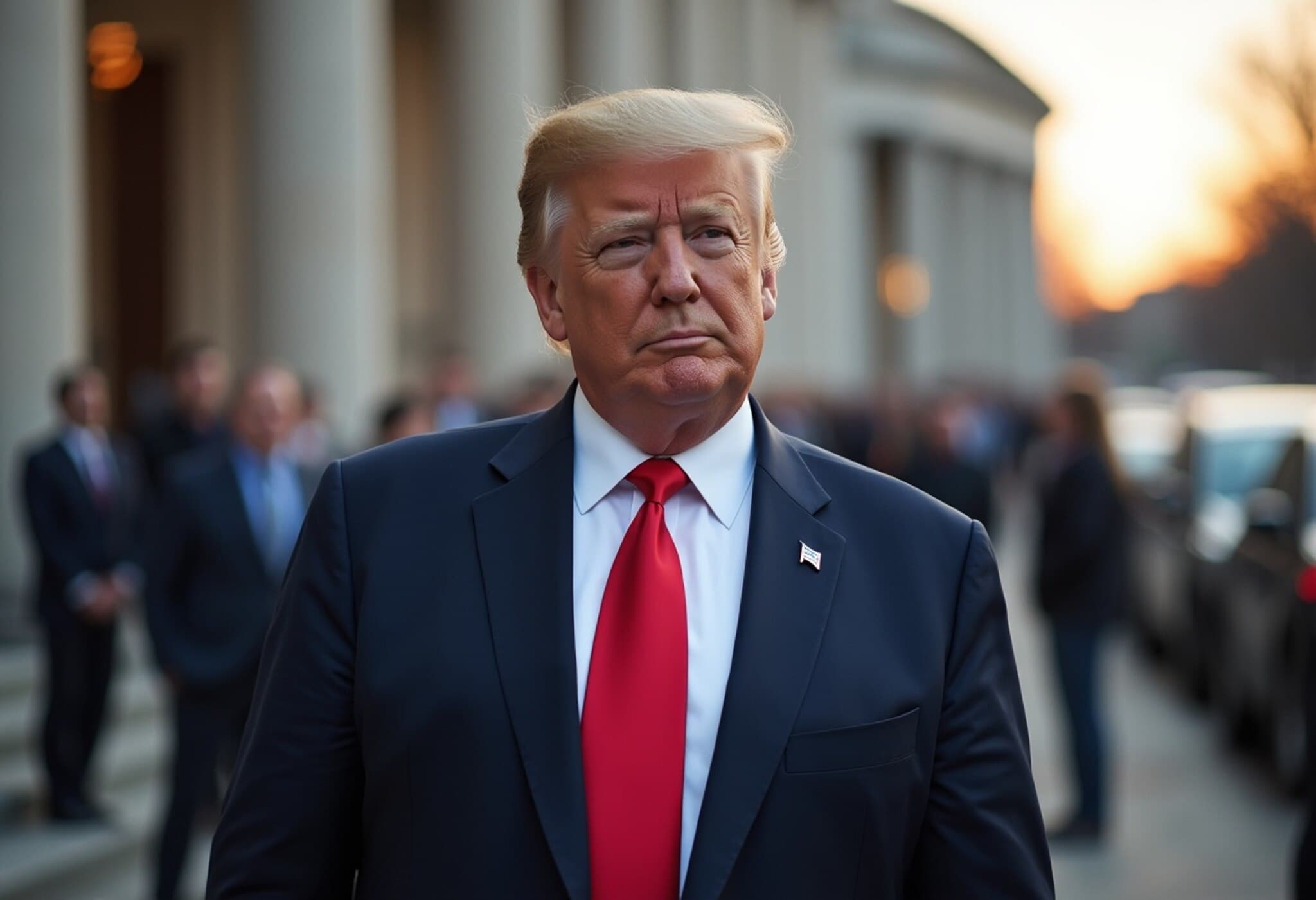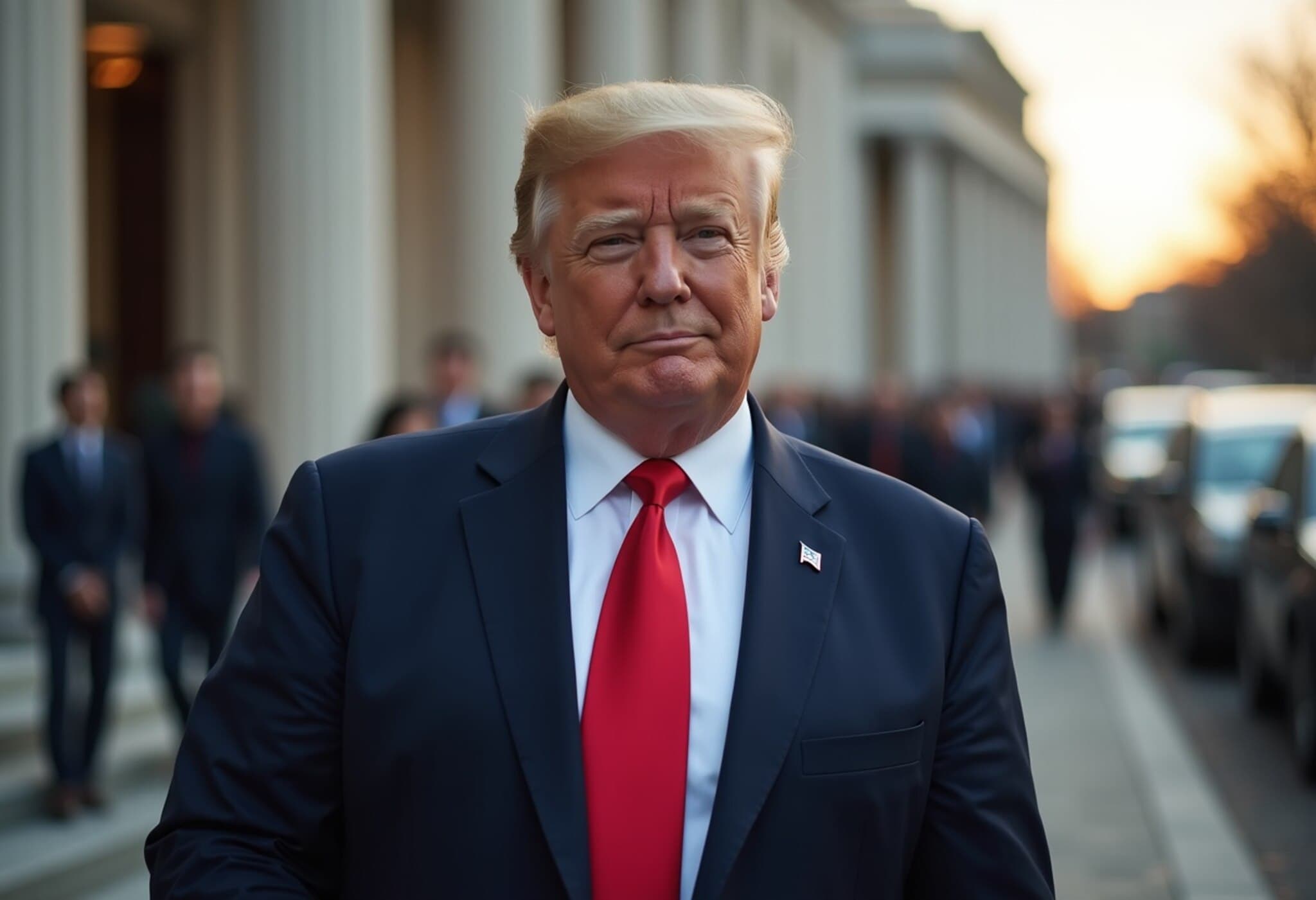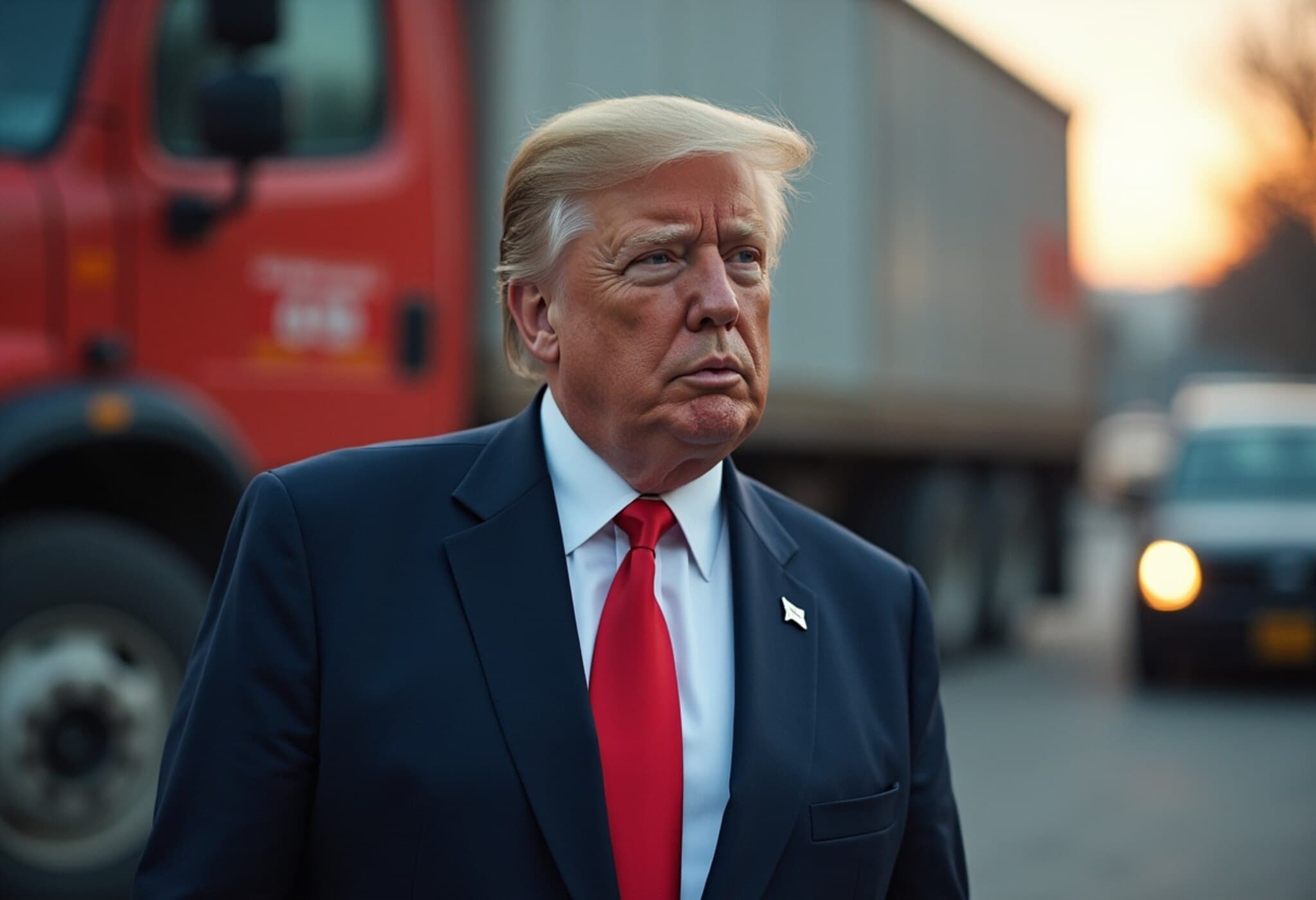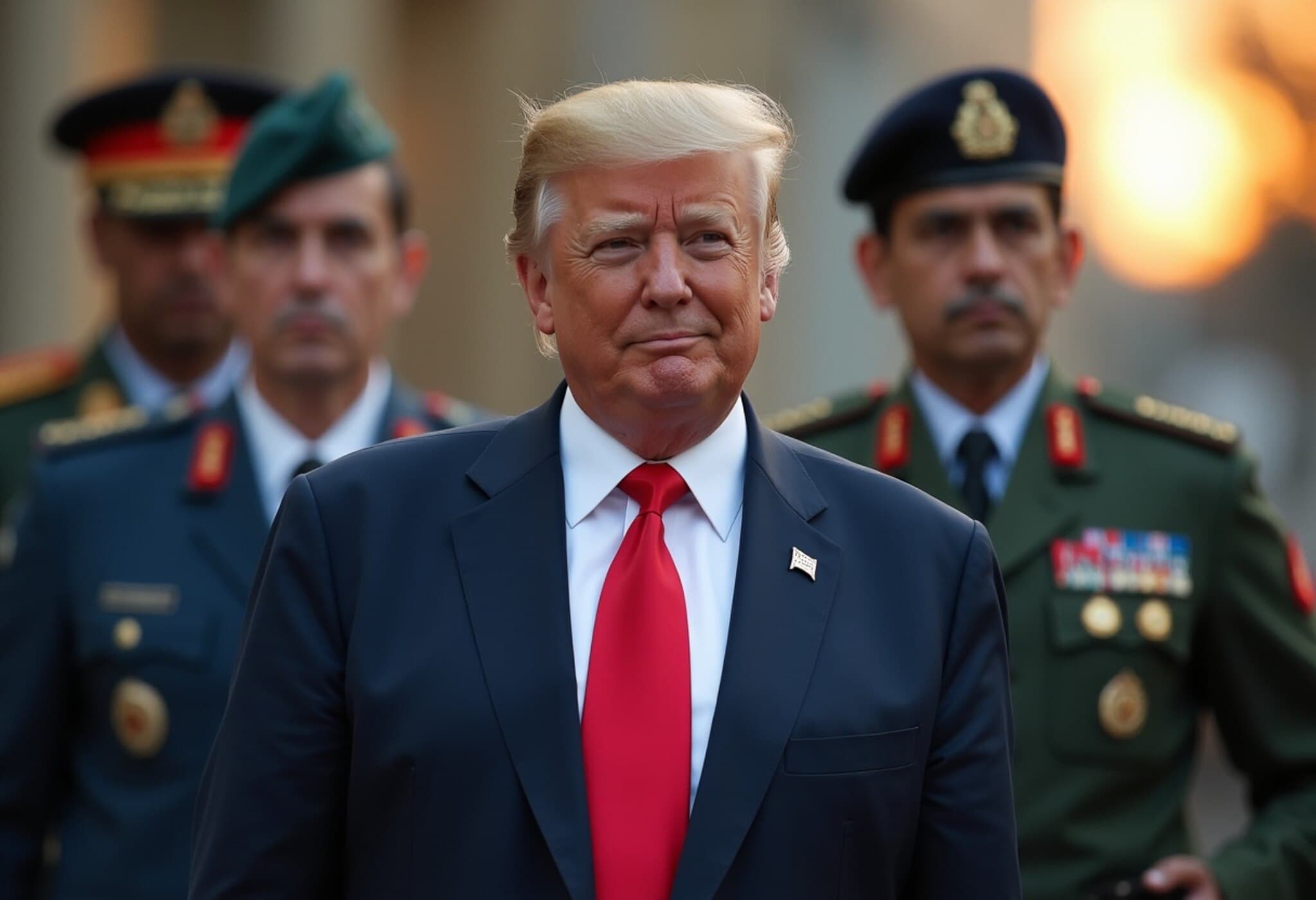Trump’s DOGE Initiative Advances Controversial $9 Billion Budget Cut Bill
In a dramatic late-night vote, US Vice President JD Vance cast the deciding vote to push forward a highly contentious $9 billion federal spending rollback. This landmark legislation represents the first major legislative victory for President Donald Trump’s Department of Government Efficiency (DOGE), a bold initiative aimed at relentless government cost-cutting during his second term.
Understanding DOGE: Ambition Meets Turbulence
The DOGE initiative, initially inspired by Silicon Valley's push for efficiency and spearheaded by Elon Musk during his brief White House tenure, has been granted sweeping powers to restructure government operations. These powers include firing employees, canceling contracts, and slashing funding streams. DOGE originally aimed to eliminate as much as $2 trillion from the federal budget. However, after a series of internal shakeups — including resignations and terminations of several senior DOGE officials following Musk’s acrimonious exit — those radical targets have been scaled down dramatically to around $150 billion.
The initiative's journey has been marred by internal chaos and external pushback. Musk, once hailed as Trump’s ally, transitioned into a vocal critic, while Trump himself has expressed reservations about certain DOGE methods, describing the approach as something he might have handled "a little differently." The once-militarized DOGE offices with guarded floors now stand quieter, as many of Musk’s sweeping reforms—especially efforts targeting federal agencies and diversity programs—have faced judicial and congressional roadblocks.
Details and Impact: What the $9 Billion Cut Entails
The bill slashes nearly $8 billion from international aid and development programs, while cutting over $1.1 billion from the Corporation for Public Broadcasting—a longtime Republican target that supports NPR and PBS. The Trump administration champions these cuts as necessary steps to "restore fiscal sanity" and trim what they label “politicized” and inefficient bureaucracies.
- Foreign Aid Cuts: Withdrawal of funds risking the disruption of crucial vaccination programs, food aid shipments, water infrastructure projects, and diplomatic goodwill worldwide.
- Public Broadcasting Reduction: Decreased funding threatens NPR and PBS operations, sparking criticism from media advocates.
The potential humanitarian fallout alarmed numerous aid organizations. One official warned, "This could cripple efforts to fight preventable disease" and leave the US appearing indifferent to global suffering.
Political Divides and Lingering Questions
Even within the GOP, the bill’s method has stirred unease. Senator Lisa Murkowski described the funding cuts as "agonizing," especially due to concerns about rural healthcare impacts in Alaska. Senate Minority Leader Mitch McConnell broke ranks by voting with Democrats against the measure, underscoring fractures within conservative ranks about balancing austerity and social responsibility.
Despite these divisions, the bill is on track to pass the House before Friday’s procedural deadline, after which it will almost certainly be signed by President Trump. The legislative breakthrough marks a conceptual victory for DOGE’s austerity agenda, even as the team’s original ambitions have been undercut.
The Ongoing Legacy of DOGE
While DOGE as a central authority faces challenges, its ethos of aggressive budget discipline persists. Former DOGE operatives have been embedded quietly within key departments such as Energy, Interior, and the Environmental Protection Agency, continuing to influence policy from the shadows.
White House spokesperson Harrison Fields emphasized, "The mission of eliminating waste, fraud, and abuse remains embedded in the federal government’s DNA and will continue under the president’s leadership and agency heads." This underscores an enduring commitment to efficiency—though critics argue the approach risks sacrificing long-term investments for short-term savings.
Expert Analysis: Balancing Efficiency and Public Good
From a policy perspective, trimming government spending is a worthy goal, especially amid ballooning deficit concerns. However, the scale and targets of DOGE’s cuts raise critical questions about the social and diplomatic costs of austerity.
Internationally, slashing aid can undermine U.S. influence and humanitarian leadership at a time when global challenges like pandemics and climate change demand cooperation. Domestically, funding reductions in public broadcasting and health initiatives may widen socioeconomic inequalities, impacting rural and vulnerable communities most severely.
Economic analysts caution that indiscriminate budget slashing without strategic evaluation risks undercutting foundational services that enable long-term growth and stability.
What Lies Ahead?
As Trump pushes forward with his cost-cutting vision, albeit with some reservations, the DOGE initiative’s trajectory illustrates the tensions between political ideology, administrative capability, and real-world consequences. Whether this approach will permanently redefine federal budgeting or prove a transient political phase remains to be seen.
Summary Box: Key Takeaways
- Vice President Vance's tie-breaking vote advanced a $9 billion federal spending rollback under the DOGE initiative.
- Major cuts to international aid and public broadcasting spark humanitarian and political concerns.
- Internal challenges within DOGE have reduced its originally ambitious targets.
- Political fractures within the GOP highlight discomfort with austerity methods.
- Long-term implications for U.S. diplomatic influence, domestic services, and fiscal policy remain uncertain.
Editor’s Note
This legislation epitomizes the complex balancing act facing the U.S. government: enforcing fiscal responsibility without undermining ethical, social, or global responsibilities. It invites us to ask—can efficiency and compassion coexist in public policy? And how will these decisions shape America’s domestic cohesion and global stature in the years to come?

